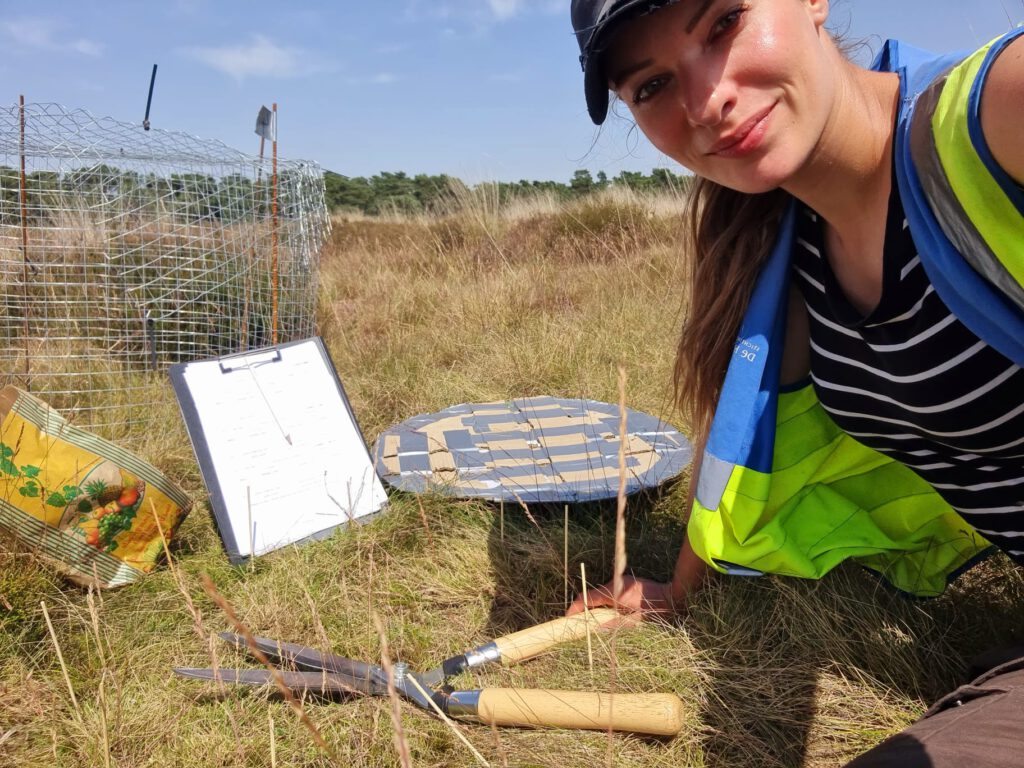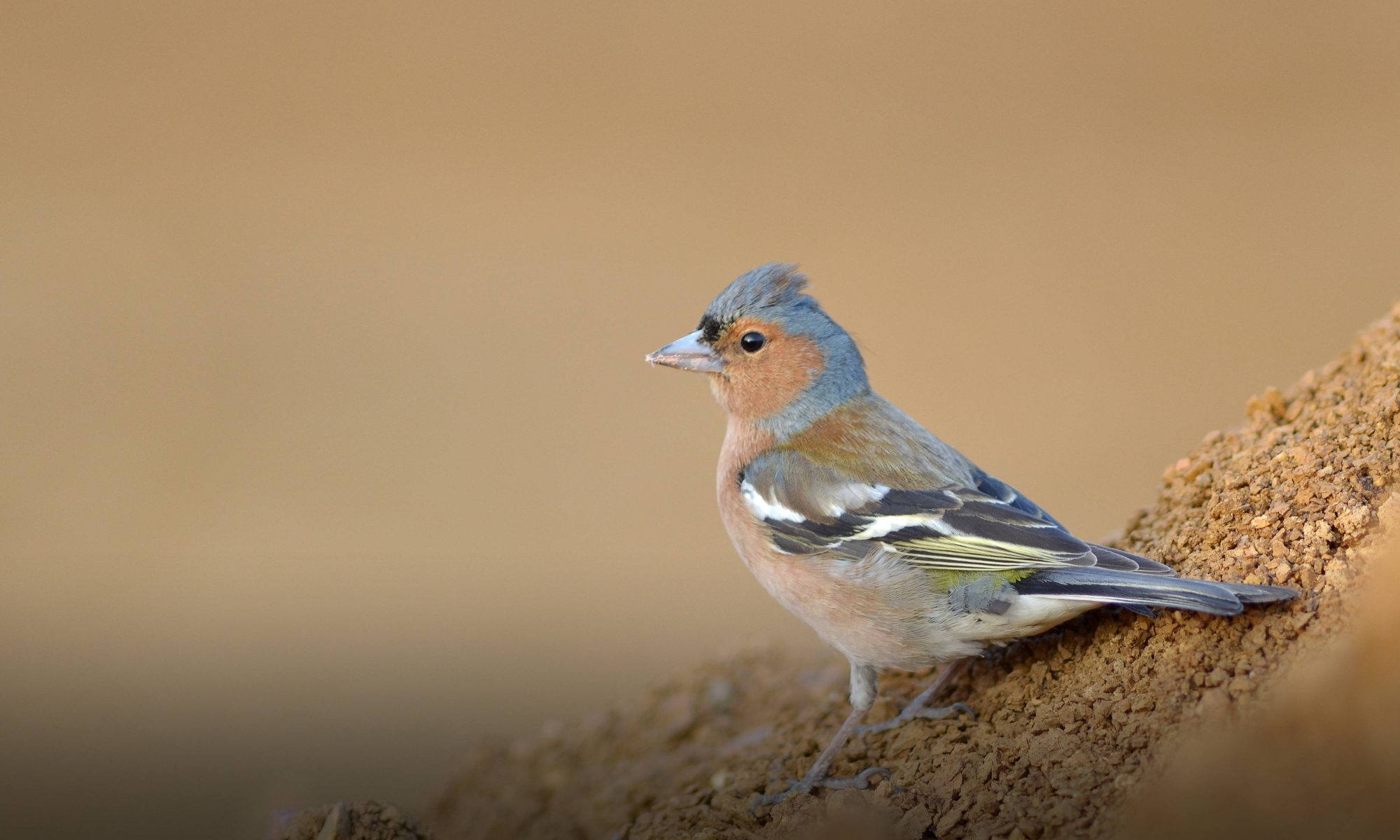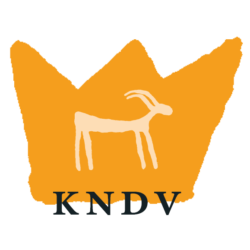The KNDV makes seven grants of €500,- available each year for small scientific research projects.
The grants are intended to contribute to the travel and/or accommodation costs of a foreign work or conference visit of a zoological nature. A work visit is also understood to mean a scientific internship or thesis in a zoological field as part of a university master’s program.
Students in the master’s phase of their university studies with a zoological character can apply. The applicant must be a member of the KNDV.
See “Apply for a KNDV-grant” voor de details. To apply, applicants must provide:
- A short letter stating your motivation, the purpose of the trip, and your destination.
- Depending on whether you are attending a conference or completing a scientific internship: an abstract of the presentation you will give, or a short project description (maximum 500 words).
- A completed “Apply for a KNDV-grant” form.
- A concise budget of the travel and accommodation costs, and an overview of other sources of funding (including other grants, if relevant).
- Confirmation from the head of the department of the host institution that the applicant will be staying in his/her department during the working visit.
- A curriculum vitae of the applicant.
Please Note: extensive research proposals for large projects will not be considered.
The application can be sent to the secretary of the KNDV. An assessment committee aims to decide on the award within one month of receiving an application.
Supported Projects
July 2022
Tessa Foxen “The effect of rock dust application on feeding behaviour of ungulates” (MSc Animal Sciences – Wageningen Universiteit)

Hi! My name is Tessa and I am in the final year of my Master’s degree in Animal Sciences at Wageningen University, specializing in Animal Ecology. For my master’s thesis, I am conducting research into the effect of rock powder on the feeding behavior of ungulates in the Hoge Veluwe and Brabant (in collaboration with De Hoge Veluwe National Park, Stichting Bargerveen, B-WARE research center, and Bosgroep Zuid Nederland). Rock powder is used to reduce the negative effects of increased nitrogen deposition in the soil. It is ground from rocks and adds minerals to the soil, thereby reducing acidification and improving soil buffering. I use camera traps to determine feeding behaviour. I also use cages that are moved every six weeks to a different piece of land within a plot, or ‘moving cages’. At each cage, I collect the vegetation inside and outside the cage to measure the productivity of the system and the consumption of the ungulates. In the photo, you can see me collecting vegetation at a cage. I hope this will help me determine whether rock powder does indeed have an effect on the grazing behavior of ungulates. Thanks in part to the grant I received from the KNDV, I am now able to conduct this research for my master’s thesis, which is really cool!

